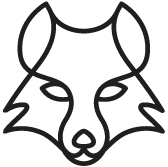In today’s hiring landscape, recruiters are discovering the power of collaboration—learning how to work with AI to outperform it rather than compete against it. While artificial intelligence excels at processing large volumes of data and automating routine tasks, it can’t replace the human intuition, empathy, and judgment that recruiters bring. By combining AI’s strengths with their own expertise, recruiters can make smarter, faster, and more personalized hiring decisions.
Let AI Do the Heavy Lifting
Administrative tasks like resume screening, interview scheduling, and candidate communication can consume up to 30% of a recruiter’s time. AI-powered recruitment tools can automate these tasks, drastically improving productivity and allowing recruiters to focus on high-impact work like relationship-building and strategic hiring decisions. According to a study by the Institute of Student Employers, 47% of employers now use AI to support parts of the recruitment process—particularly to reduce time-to-hire and improve the candidate screening phase.
Using Predictive Analytics to Hire Smarter
AI can go far beyond automation. With the help of predictive analytics, recruiters can gain insights into candidate performance potential, retention likelihood, and even cultural fit. By analyzing patterns in past hiring data, AI tools can flag which traits or skills are correlated with long-term success in a specific role. This not only speeds up decision-making but also improves hiring accuracy. Forward-thinking teams are already using these insights to drive measurable improvements in quality-of-hire and reduce costly turnover.
Removing Bias and Broadening the Talent Pool
One of AI’s most powerful contributions to recruitment is its ability to detect and eliminate bias—if applied thoughtfully. Tools that analyze job descriptions for gendered or exclusive language can help ensure inclusive outreach, while AI-driven screening can focus solely on qualifications and experience. Major companies like Unilever have implemented AI in their early-stage screening and reported a 16% increase in new hire diversity, along with a 90% reduction in time spent reviewing applications. When human oversight ensures ethical design, AI can be a force for fairness in hiring.
Creating Better Candidate Experiences
Recruitment isn’t just about finding talent—it’s also about attracting it. AI-powered chatbots and automated communications help keep candidates informed and engaged, reducing drop-off during the hiring process. At the same time, intelligent systems can personalize the application journey, offering feedback, answering questions, and even guiding job seekers toward better-fit roles. These enhancements make candidates feel seen and respected—something that directly impacts employer brand and offer acceptance rates.
Human Judgment Still Matters
For all its capabilities, AI still can’t evaluate emotional intelligence, team chemistry, or adaptability with the same depth a skilled recruiter can. Soft skills, cultural fit, and long-term potential often require a human conversation. Recruiters bring curiosity, empathy, and insight that no algorithm can replicate. By combining AI’s precision with human intuition, teams can make more balanced, thoughtful decisions—ones that lead to higher retention and stronger performance over time.
Conclusion
AI may be powerful—but it’s only part of the equation. Recruiters bring context, curiosity, and connection to the hiring process. That’s something no algorithm can replicate.
The real opportunity isn’t in outperforming AI—it’s in partnering with it. When recruiters combine data-driven insights with human judgment, they unlock a competitive edge that’s smarter, faster, and far more personal.
Workwolf empowers recruiters to streamline hiring with data-backed insights, pre-employment filtering, and AI-generated job descriptions that attract the right candidates from the start—ensuring they match the role and the culture before the interview even begins.





